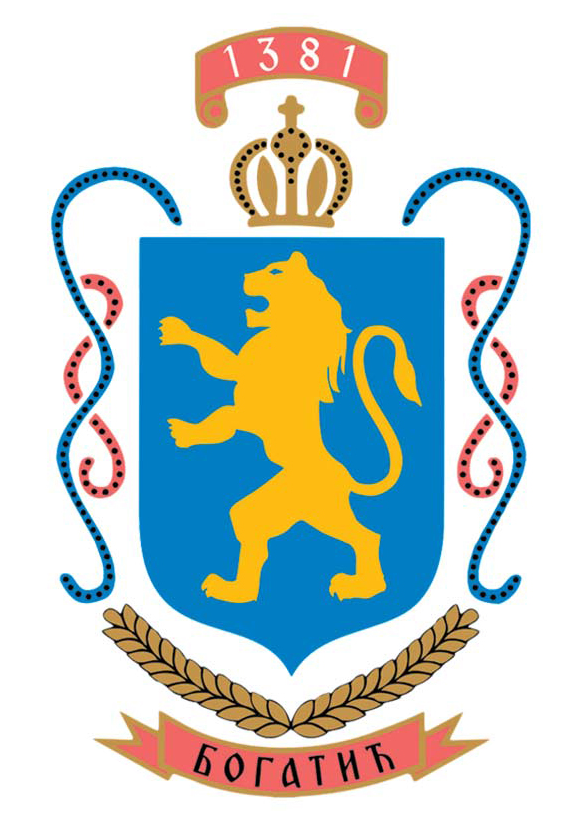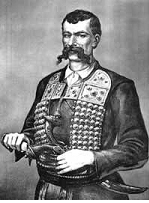STOJAN CUPIĆ
He lost his parents at a very early age, so even though he was young, but also the oldest in the family, he decided to move to Serbia. With his three sisters, he headed to Mačva to Crnobarski salaš, where his paternal grandfather lived. Although at the end of the 18 At the beginning of the 20th century, there were no schools in Serbia where children could learn to read, Stojan somehow managed it, probably, it is believed, in one of the monasteries in Mačva.
In Crnobarski Salaš and its surroundings, he started trading livestock. The bright, nimble and determined young man was noticed by Strahinja Čupić from the neighboring Noćajski salaš.
He liked the young man, so he suggested that he adopt him. Stojan accepted it and added his stepfather’s surname Čupić to his name. Strahinja granted him some land and instructed him how to cultivate it.
Legends in Serbia say that Čupić came across buried money three times in his fields.
At the beginning of the rebellion against the dahi, Stojan Čupić was a mature, responsible, but also enterprising Serbian householder. He did not like the Turks, he was a great patriot and knew how to handle all kinds of weapons. He immediately gathered a company of reliable Mačva boys, defected to the insurgents and began to block roads and passages, making it impossible for the local Turks to move.
He was one of the most important dukes of the First Serbian Uprising, also known as the Night Dragon. He distinguished himself in the battles on Mishar (where he challenged and defeated the Turkish hero Musa Sarajli) and on Salas. In the battle at Glavica across the Drina, Cincar saved Janka. He was remembered in the folk epic song “Zmaj od Noćaj”. His real surname was Dobrilović, but since he was orphaned as a child, he was moved to Šabac, where he was adopted by a wealthy merchant, Strahinja Čupić. He was also known as a good orator, and Karađorđe’s words speak for that: Whoever outbids Čupić and writes about Moller, I will give him whatever he asks for.



